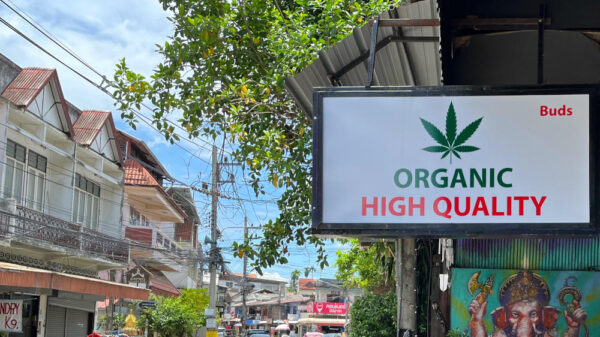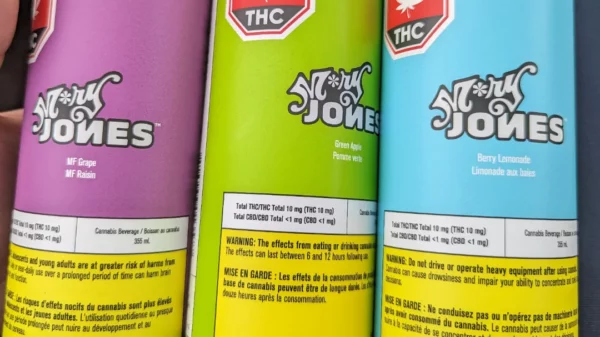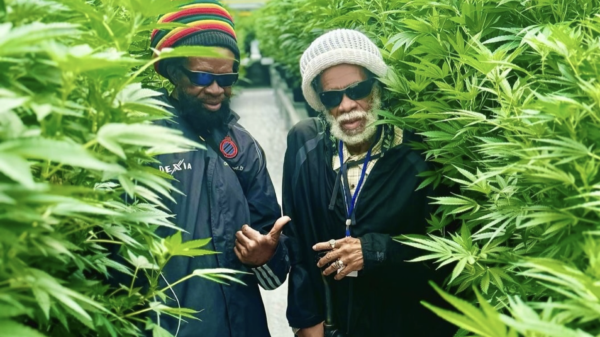Since legalization in Canada, Ontario health workers in emergency departments have seen an increase in young children intoxicated with cannabis, according to a new study. But a key limitation of the research is that it doesn’t determine if they consumed illicit or regulated products.
The study, led by researchers at the Ottawa Hospital Research Institute, suggests that the introduction of legal edibles has been a central factor in raising the frequency and severity of intoxication among children.
Its authors also think unregulated products could be responsible.
“It is possible that cannabis from illicit sources and nonedible products contributed to the increase in visits,” reads the study published in the JAMA Network Open, which also doesn’t factor in the type of cannabis ingested nor the method of consumption.
Read more: Youth cannabis use unchanged post-legalization: Canadian study
Read more: Legalizing weed didn’t put more Canadian drivers in hospital: study
For the study, researchers searched Ontario’s health service databases for emergency department visits and hospitalizations for children under 10 years old due to cannabis intoxication, from Jan. 1, 2016–Mar. 31, 2021.
The authors found 522 emergency department visits for children intoxicated with cannabis. The average age was three.
The study compared trends among the pre-legalization period before October 2018, the initial period after legalization and the period starting in February 2020, when edibles became available in stores.
In the pre-legal period, there were 81 recorded visits, then 124 when the initial round of legal products hit the market, followed by a relative surge of 317 visits after regulated edibles became available.
The researchers also found that rates of pediatric cannabis exposures were seven-times higher than rates reported in Colorado after adult-use cannabis was legalized there.
“These population-level findings suggest that prior work from single centres may have underestimated the burden associated with pediatric cannabis exposures,” reads the study.
No deaths were recorded, and around 4 per cent of the patients were admitted to intensive care.
A previous Canadian study had linked adult-use legalization to more than three times the rate of visits to intensive care units, but industry stakeholders wrote a letter to the editor arguing the results didn’t distinguish between regulated and unregulated products.
Read more: Study on increased post-legalization cannabis ICU visits in youth ‘misleading’
Read more: Health Canada issues warning on risks of ‘copycat’ cannabis products
In December, Health Canada warned Canadians against buying cannabis edibles that are designed to look like popular junk foods typically found at gas stations, supermarkets and convenience stores. The agency said it’s received several reports of children being hospitalized, particularly after consuming these types of products.
Stakeholders in the legal market say that raising the 10-milligram THC edible limit would reduce sales to the black market, thereby increasing consumer safety.
Follow Natalia Buendia Calvillo on Twitter
natalia@mugglehead.com












